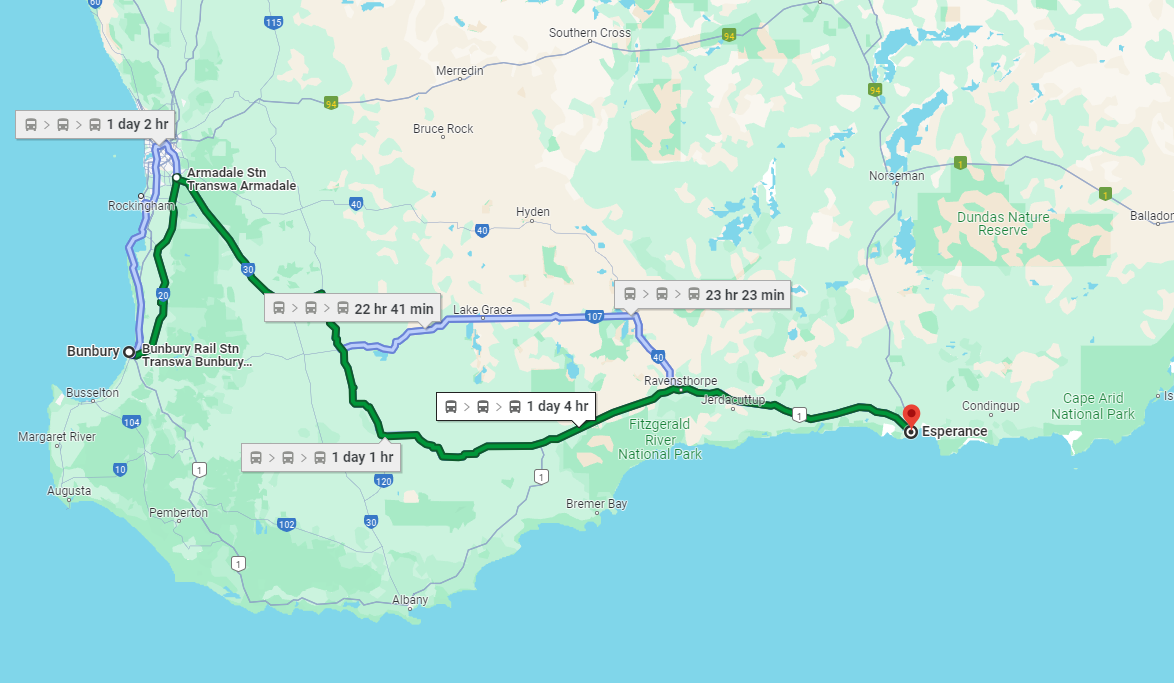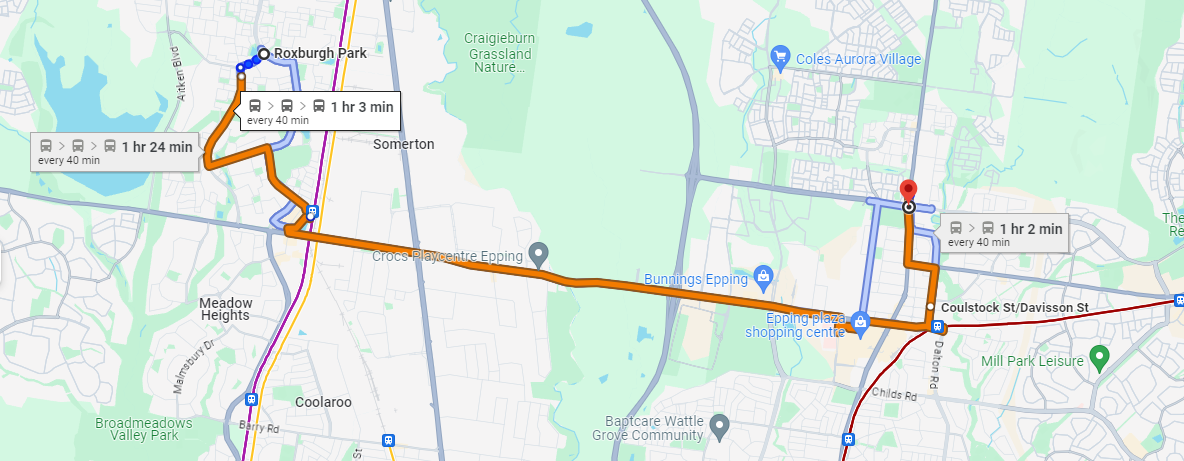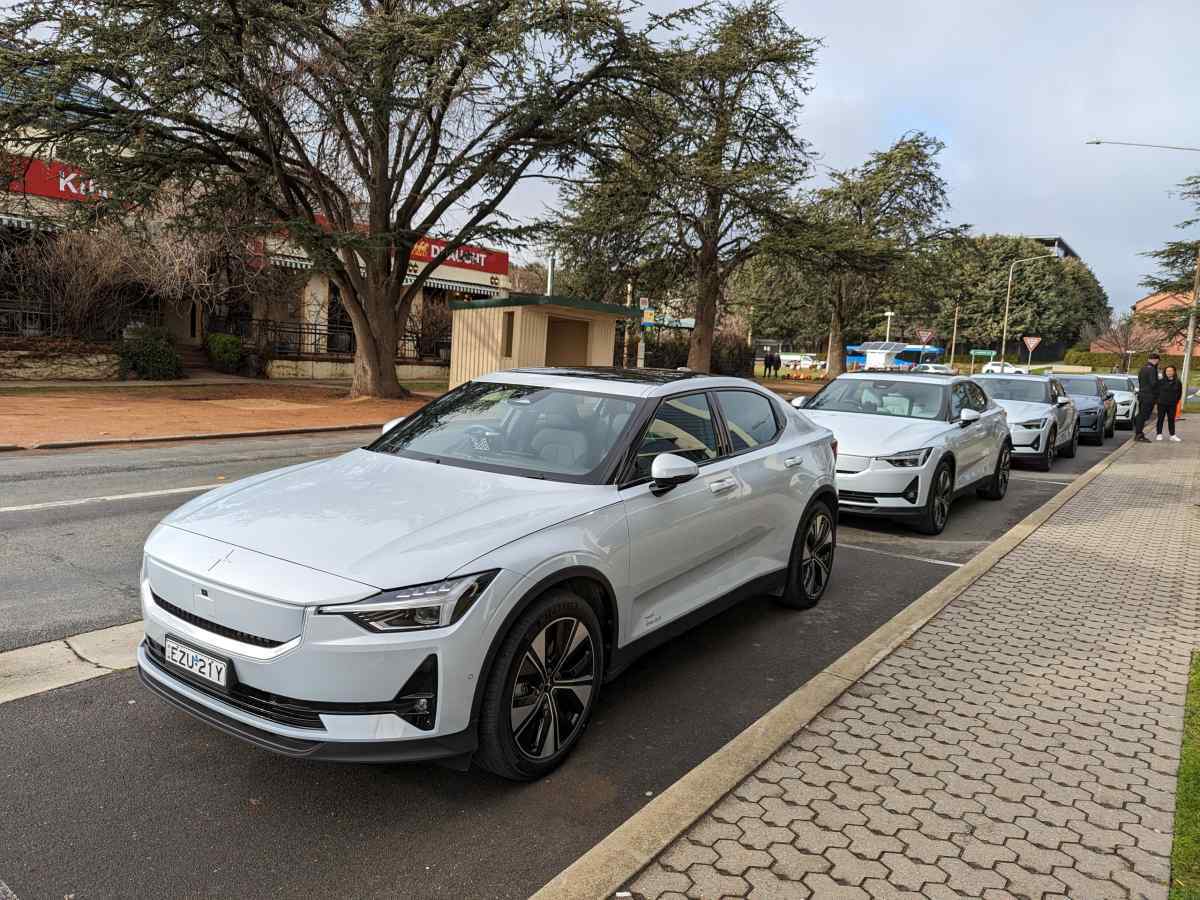Tesla announced it had quit the FCAI on Thursday and Polestar followed it up on Friday, saying the FCAI campaign – driven largely by Japanese car makers led by Toyota – is intolerable.
…
Tesla and now Polestar’s announcement that they intend to leave the FCAI adds to mounting pressure on CEO Tony Webber who last month came under fire for threatening to run a 2010 anti mining tax style fear campaign against the government’s New Vehicle Efficiency Standard.
The fossil car lobby group CEO claimed that the NVES would cost the entire car-buying public $38 billion in the first five years, which led to the AFR running a story titled “Labor’s new EV-boosting rules will cost $38b, auto group says” followed by Coalition leader Peter Dutton and Nationals Senator Matt Canavan parroting claims that the NVES would see the price of popular vehicles increase by up to $25,000. Claims that have been widely rejected including by the Electric Vehicle Council.
I will never be able to afford a new car, so raising the prices by 25k is just ridiculous.
A car is a privilege, not a right. Use public transport.
What a stupid comment. You clearly didn’t read the community name, or if you did, you evidently have never even poked around australia on a map.
Let me show you a couple of examples of why your comment is stupid. Let’s take a person living in Berkshire Park on the outskirts of Syney. The only place they could find work was in Springwood — a 30-minute drive away. This becomes 2 and a half hours by public transport.

Or somebody in Esperance, WA, who wants to see their family over in Bunbury (a 7 hour drive away). This becomes a 25 hour public transport trip, except on one day of the week when it’s only 23.

Obviously these are specific examples I chose to prove a point, but you’ll see this on most trips, even in major cities.
Going from Roxburgh Park to Epping (both in Melbourne - the second largest city) takes 20 minutes by car, or an hour and 10 by public transport

If you lived in St Albans and worked at a warehouse in Truganina (an Industrial area), that’d be a 20 minute drive or an hour and a half by public transport

If you lived in West Moonah and had to get to Rosny park, Hobart, thats a 20 minute drive or an hour by public transport

and none of these travel times include initial waiting time. this just assumes you arrive at the bus stop at the same time the bus leaves - even when the buses sometimes only run once a week
I don’t hate public transport, and I usually just put up with the doubling or tripling of my travel times just to go by bus and train, but while your assumption that everybody can and should take public might work in parts of Europe, it just doesn’t here in Australia. And implying that it does just makes you sound entitled, out of touch, and ignorant.
Walk.
Not everyone lives in an area that provides public transport. You need to learn how to think outside your own bubble.
You can also walk.
You literally added nothing here. Walking miles to and from work is also not always an option. My point still stands.
What point? A car is a privilege, not a right. If you can’t afford it - you walk.
I feel Toyota is doing huge damage to their reputation by going down this path. There’s a line where “the safe and reliable choice” becomes “old and out of touch”.
Toyota really screwed up in deciding that Hydrogen was the energy of the future. Even when everyone else in the world went with electricity they persisted in their failed vision. It’s a shame that an otherwise great manufacturer should fall victim to such massive hubris but honestly I think their days are numbered as a major vehicle manufacturer.
There’s no chance that hydrogen’s going to be a long term success for them and with all their eggs in the one basket it looks like they’re dead men walking.
Offsetting that dominant buyer inclination were record sales of eco-friendly cars, namely battery-electric vehicles (87,212, +161.1%), plug-in hybrid electric vehicles (11,212, +88.8%) and the sought-after traditional hybrid cars, still the most popular alternative-fuel options with 98,439 units sold last year (+20.3%). Of the latter, Toyota alone sold 72,815 petrol-electric cars, representing 74 per cent of hybrid vehicle sales across all brands as well as 31.5 per cent of Toyota’s overall sales.
Toyota sold twice as many vehicles as the next best manufacturer. They dominate the SUV, van, Ute markets. I can’t see them going anywhere soon.




